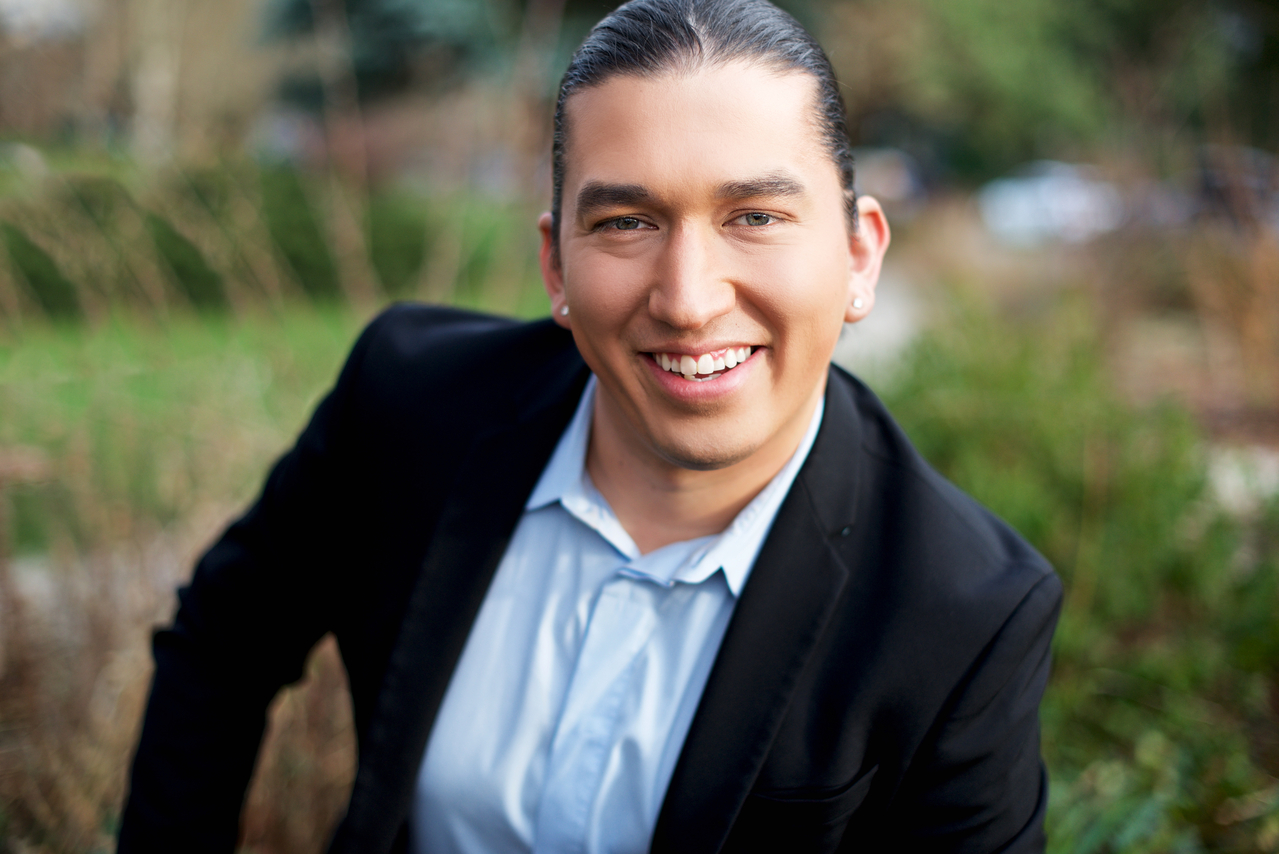
Khelsilem
A newsletter exploring housing, social democracy, and Indigenous rights from Khelsilem.
By subscribing, I agree to Substack’s Terms of Use and acknowledge its Information Collection Notice and Privacy Policy

A newsletter exploring housing, social democracy, and Indigenous rights from Khelsilem.